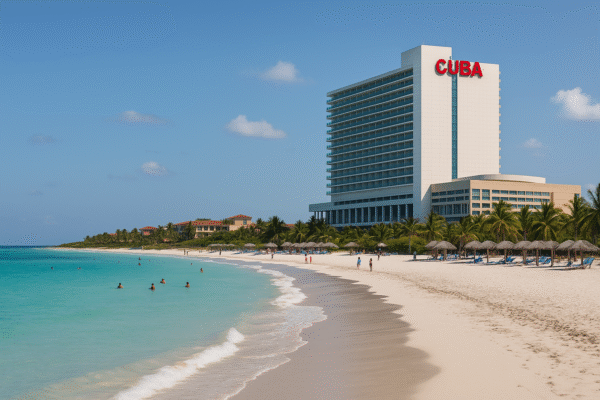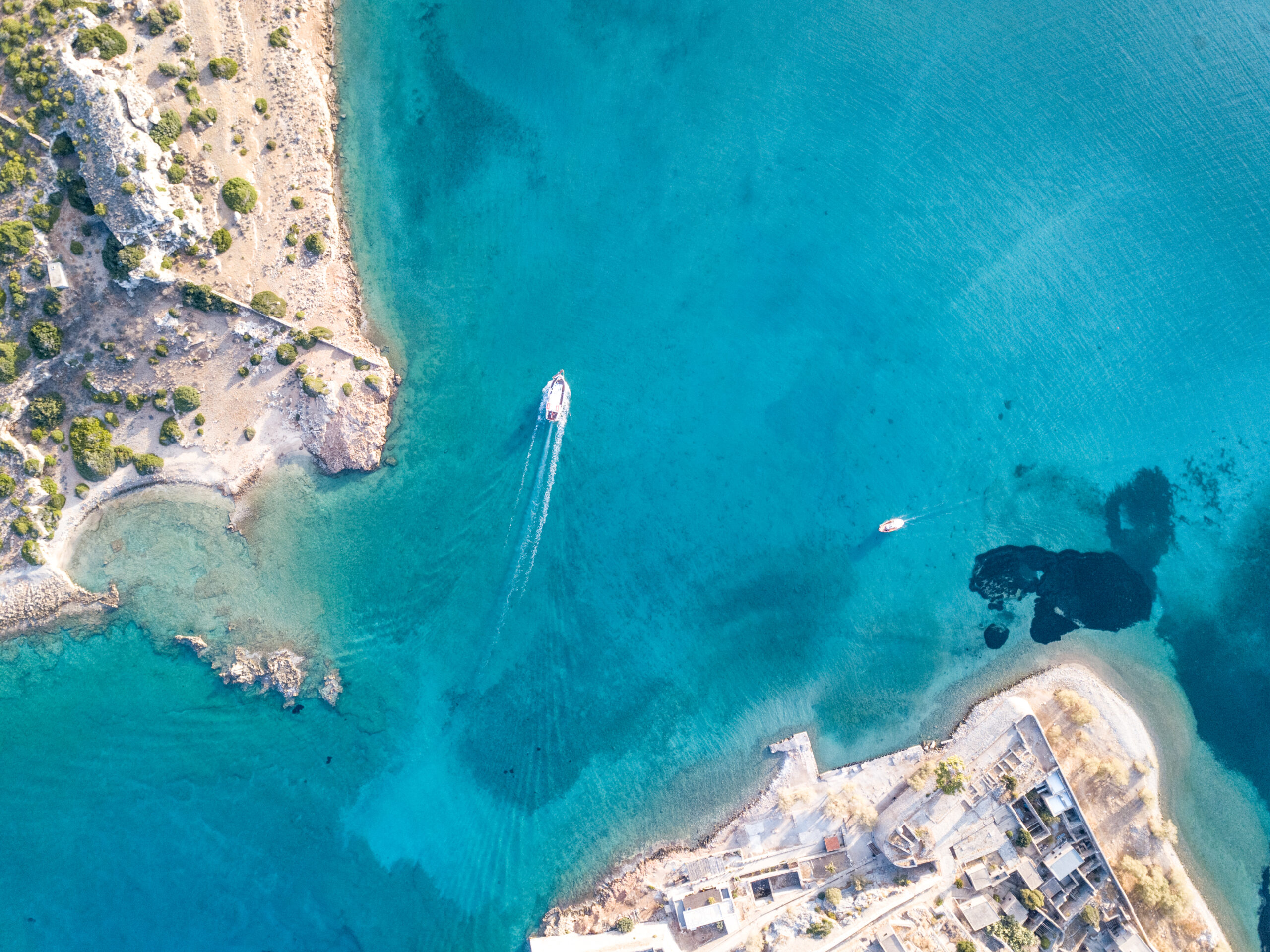Athens, Greece — Starting mid-July 2025, travelers visiting Greece’s iconic cruise destinations such as Santorini and Mykonos will face new seasonal port charges as the government enforces a sustainable tourism tax aimed at curbing overtourism and upgrading port infrastructure. Major cruise lines—including Royal Caribbean, MSC Cruises, Costa, Princess Cruises, Norwegian Cruise Line, Disney Cruise Line, and Celebrity Cruises—have begun notifying passengers of the new charges, which will automatically appear on onboard accounts before docking at Greek ports.
This proactive measure comes amid growing concern over the environmental and social impacts of mass tourism on Greece’s most visited islands. In 2023 alone, over 7 million cruise passengers entered Greek waters, with Santorini and Mykonos accounting for more than 2.4 million combined—a level of traffic that has placed significant strain on local infrastructure and ecosystems.
New Cruise Tourism Fee Structure
The cruise-specific tax, introduced through legislation passed by the Hellenic Parliament in 2024, will follow a tiered and seasonal pricing model, varying by port and time of year. Here is the official fee breakdown:
Peak Season (June 1 – September 30)
- Santorini & Mykonos: €20 per person (approx. $23.61 USD)
- Other Greek Ports: €5 per person (approx. $5.90 USD)
Shoulder Season (April 1 – May 31 & October)
- Santorini & Mykonos: €12 per person (approx. $14.17 USD)
- Other Ports: €3 per person (approx. $3.54 USD)
Off-Peak Season (November 1 – March 31)
- Santorini & Mykonos: €4 per person (approx. $4.72 USD)
- Other Ports: €1 per person (approx. $1.18 USD)
Passengers will see these charges added to their onboard bills the evening before the ship arrives in a Greek port. In the case of MSC Cruises, if guests choose not to disembark, the charge will be automatically reversed within 24 hours—a policy expected to be adopted by other lines.
Cruise Industry Response
Leading cruise companies have welcomed the measure as a step toward responsible tourism. MSC Cruises, among the first to brief guests on the fee, emphasized transparency and the reinvestment of funds into port sustainability. Royal Caribbean, Norwegian, and Princess Cruises have also updated itineraries and guest communications to reflect the new policy.
Many cruise lines already contribute port fees behind the scenes, but this model shifts part of the burden directly to passengers in a visible, seasonally adjusted way. For guests, the cost remains modest in comparison to overall cruise fares—especially when balanced against the long-term preservation of these cultural and natural wonders.
Why the Fee Matters
Greece’s cruise tax aims to generate approximately €50 million annually (about $59 million USD), which will be reinvested into:
- Port modernization and expansion
- Environmental conservation projects
- Waste and water management systems
- Tourist facility improvements
With global cruise tourism expected to surpass pre-pandemic levels in 2025, this policy arrives at a critical time. The Mediterranean—particularly the Aegean Islands—faces mounting pressure from larger ships and rising visitor volumes.
According to the Greek Ministry of Tourism, this tax is designed to protect both local communities and the environment, while allowing Greece to remain competitive as a world-class cruise destination. “It’s a balanced approach to ensure that the islands benefit from tourism without being overwhelmed by it,” said one official involved in the program’s rollout.
Sustainable Tourism in Action
The implementation of the cruise tax aligns with Greece’s National Strategic Plan for Sustainable Tourism, which prioritizes:
- Reducing seasonal crowding
- Encouraging off-peak travel
- Preserving heritage sites
- Boosting community-based tourism models
Mykonos and Santorini, although economic powerhouses in the tourism sector, have become symbols of over-tourism. During high season, these islands can receive as many as 20,000 cruise visitors in a single day, far outpacing local population and infrastructure limits.
Port congestion, traffic bottlenecks, water shortages, and pressure on cultural sites have raised serious concerns, prompting this measured policy shift toward sustainability.
Impacts for Travelers and the Cruise Economy
For cruise travelers, the new fee is unlikely to drastically alter travel plans but may prompt more strategic itinerary planning. Guests may opt for voyages during shoulder or off-peak seasons when fees are lower and crowding less severe. This trend could help distribute tourist traffic more evenly throughout the year—a win for both locals and visitors seeking a more authentic Greek island experience.
Meanwhile, cruise companies operating in the Mediterranean will need to adjust pricing models, marketing strategies, and guest communications to account for the changes.
In tandem with the tourism tax, Greek authorities are also evaluating daily cruise arrival caps for popular islands, ticketing systems for iconic landmarks, and green certifications for cruise operators, which would further reinforce sustainability efforts across the sector.
A Vision for the Future
As the global cruise industry evolves, Greece’s bold move signals a broader regional trend toward managing tourism more responsibly. Ports in Italy, Croatia, and Spain are also exploring similar passenger fee systems to deal with the environmental and infrastructural impacts of cruise tourism.
For Greece, this is more than a fiscal measure—it’s a cultural and environmental investment. The new seasonal cruise fee serves as a reminder that protecting the future of travel destinations requires participation from all stakeholders, including the very travelers who cherish them.
With its sun-drenched islands, ancient history, and world-famous hospitality, Greece remains one of the most sought-after cruise destinations on Earth. The 2025 port fee is just one step in ensuring that this beauty and cultural richness endure for generations to come.
For more travel news like this, keep reading Global Travel Wire















